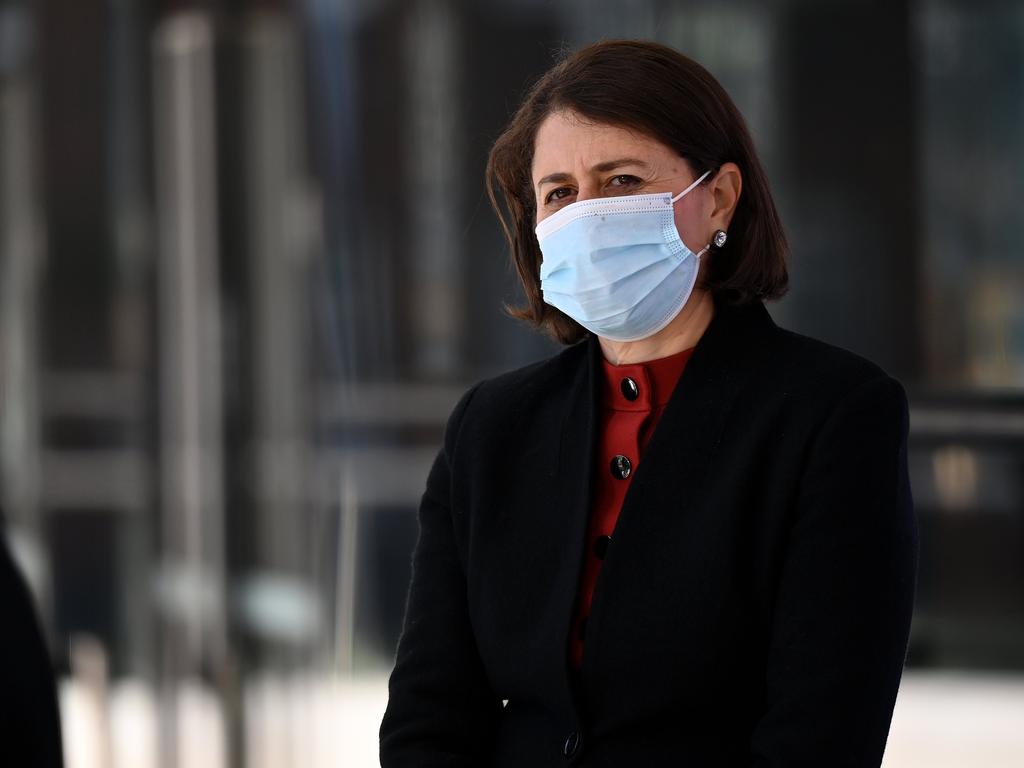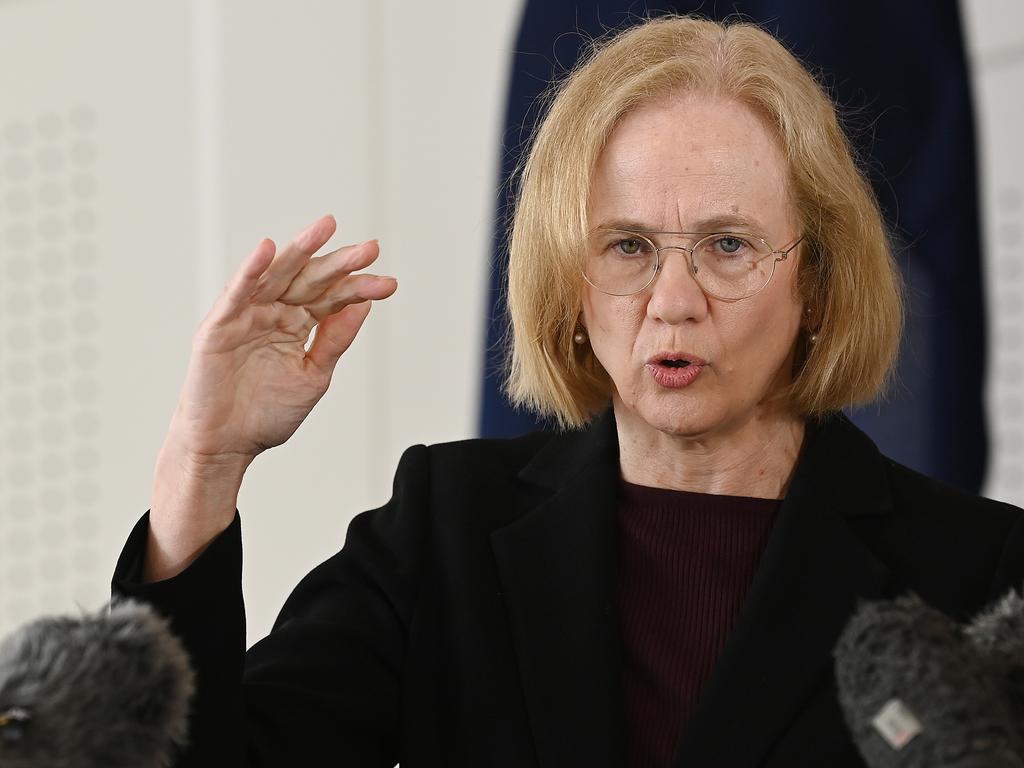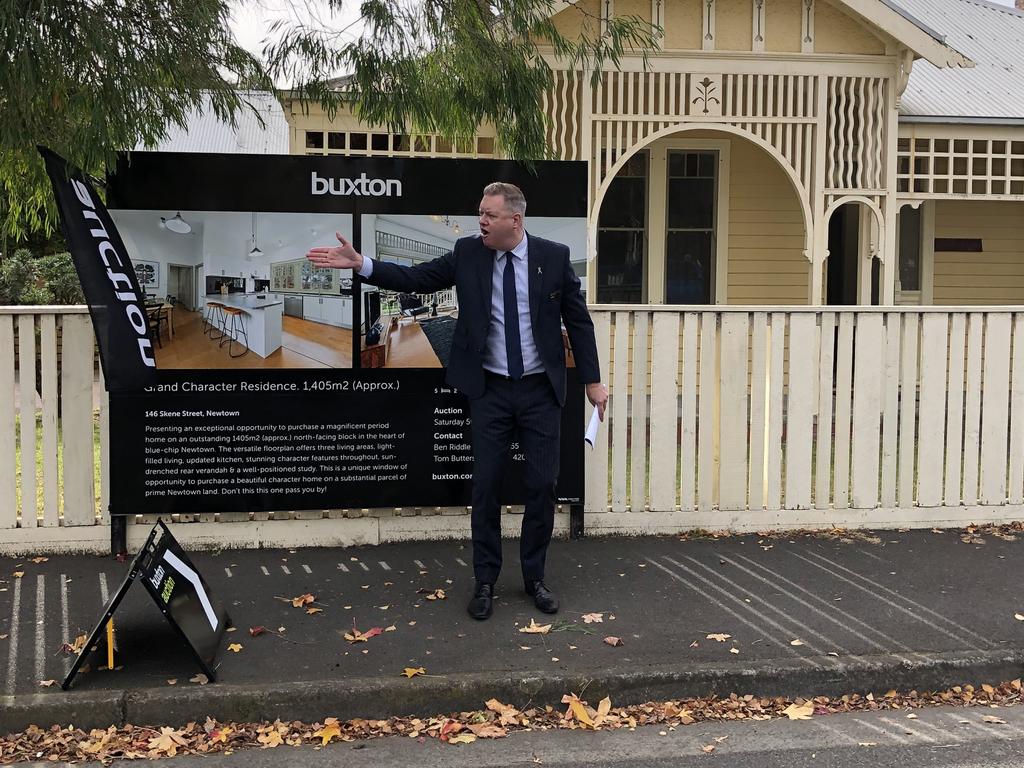Covid 19: National cabinet only option we have to confront the pandemic


If there is no national cabinet to provide guidance during the worst global pandemic in 100 years, then what?
What is the alternative to the national leadership group, spawned of the coronavirus 18 months ago, which provides the only machinery of federated government in this national emergency?
There’s plenty of criticism of Scott Morrison and some of the premiers, a lot of it justified, but calls for the Prime Minister to show leadership and “step in” and bring the parochial premiers into line ignore the reality that the national cabinet is the best we have because it is all we have.
Morrison simply can’t take charge using federal powers and financial muscle to order the premiers about, it’s neither realistic nor possible.

All Morrison has to rely on to get national co-operation is moral suasion, public pressure and some financial incentives.
Last week, after all the sense of high urgency in the early months of the pandemic unified the national leadership, was the most dangerous moment for the survival and efficacy of the national cabinet.
Brawling premiers, blame-shifting, border lockdowns, business failures, falling public confidence, resurgent oppositional politicking, more pressure on the vaccine rollout and a sense of drift in national leadership meant something had to give. Australia was at a fork in the pandemic road.
This was the same fork in the road the Australian federal system faced under the pressure of the last great pandemic, the Spanish flu of 1920, when the 20-year-old federation could have shattered over state recriminations and national health failure.
It is clear Morrison and all the premiers recognised it, whether they were happy with the reality or not, and decided that having been locked together in the virtual room they could not leave without a plan to offer the people.


Morrison gave ground on the international travel caps agreeing to the 50 per cent reduction, less than the 75 per cent being sought by Labor premiers, and all the premiers agreed in principle to a plan that would move in four phases from an elimination strategy for Covid-19 to a suppression strategy.
The premiers have agreed to this shift, with yet-to-be-determined thresholds for vaccination levels, which will be different to overseas experience because Australia has had such low levels of Covid-19 infection, and effectively vaccination passports.
You can call it marketing, public relations, the old dressed as new, nothing concrete, and point to the continuing sniping between NSW Premier Gladys Berejiklian and WA Premier Mark McGowan, but it’s an agreement to which the premiers need to be held in the national interest. This new phase of policy making occurs in a new phase of politics.
When the pandemic ravaged Victorian aged care homes there was a sense of urgency, and premiers were less parochial and less transactional.
Like vaccination hesitancy as a result of complacency, Australia’s political leadership has slipped back to the pre-pandemic style of transactional bargains, political opportunism and contradictions.
A national political debate last week sparked by outbreaks and lockdowns across the country meant a new urgency for national cabinet, coincidentally as Morrison emerged from quarantine and Victorian Premier Daniel Andrews returned to work, which resulted in a much-needed national plan.
There will still be tendencies for premiers to have lockdown hesitancy such as Berejiklian, or lockdown alacrity, such as McGowan, but there are new ground rules to provide leverage where there was none.
What’s more, for all the bickering between states, the blame shifting and budget-busting spending, the results Australia has achieved on Covid-19 cases, hospitalisations and deaths under the national cabinet are world beating.
It is worth pointing to the co-operative success of the Northern Territory Labor government of Michael Gunner and federal ministers for Health and Indigenous Affairs, Greg Hunt and Ken Wyatt, who have kept Covid-19 out of Indigenous communities.
The challenge is for the premiers to revive that sense of communal urgency in the next phase, which is just as critical as the last, and recognise the next fight to live with the coronavirus is as important as the previous fight against it.
The national cabinet in Australia’s federal system is like democracy. It’s probably the worst way to govern, but until a better alternative comes along we are wise to hang on to it.






Friday’s 45th national cabinet meeting was a pivotal moment for national leadership on the pandemic and the clearest demonstration yet public and political pressure on the premiers is the key to any semblance of governance of national unity.